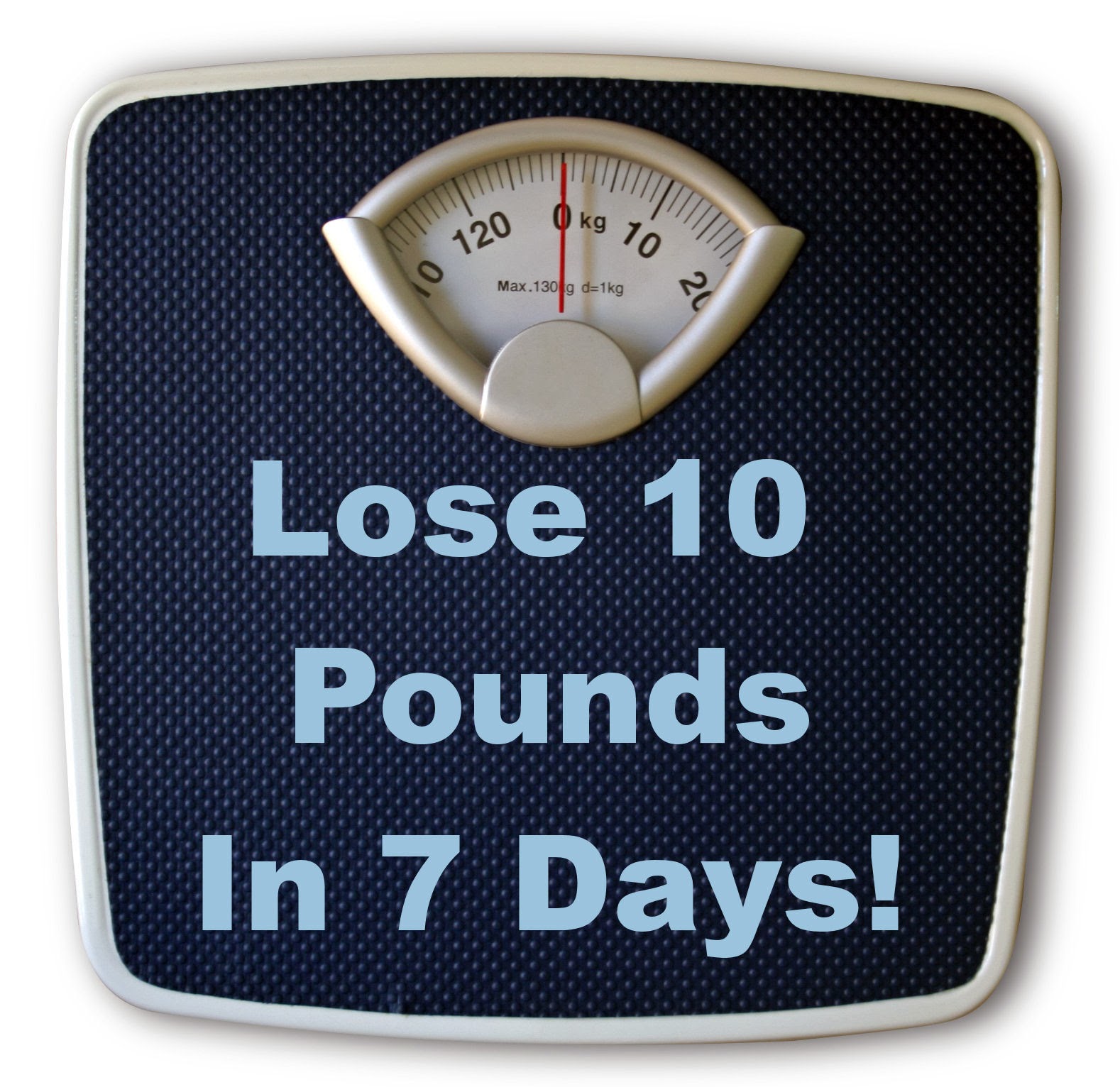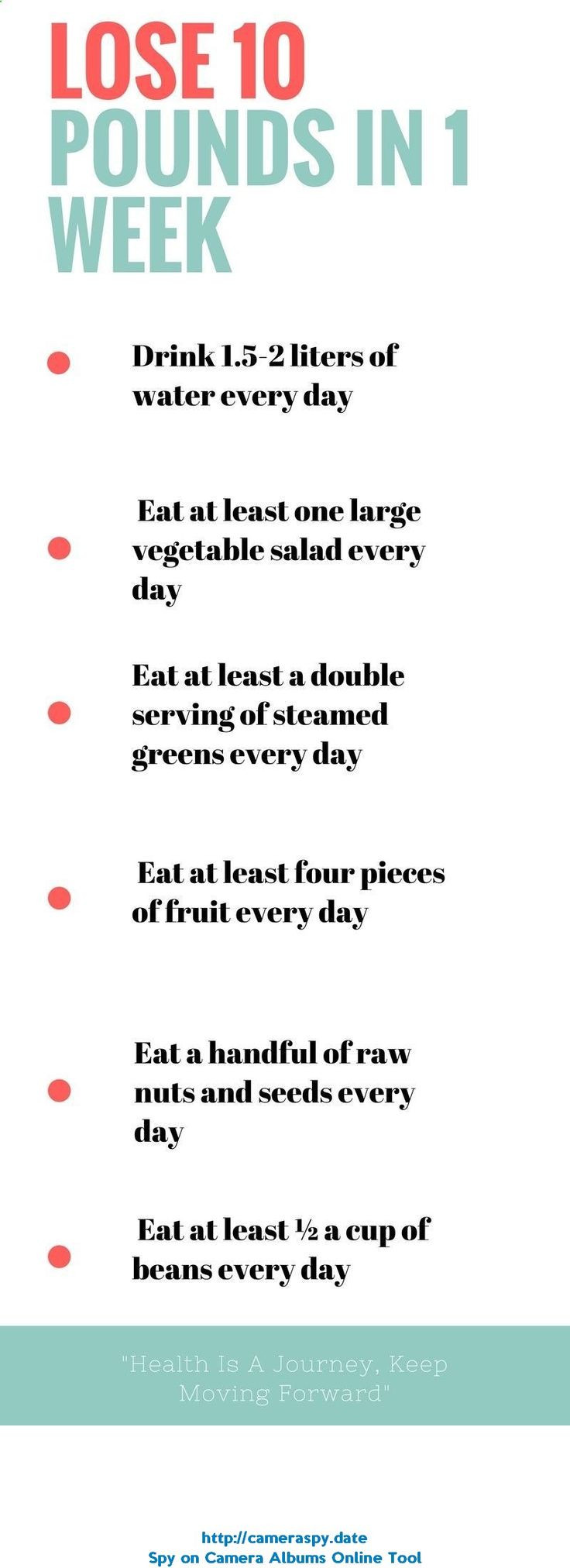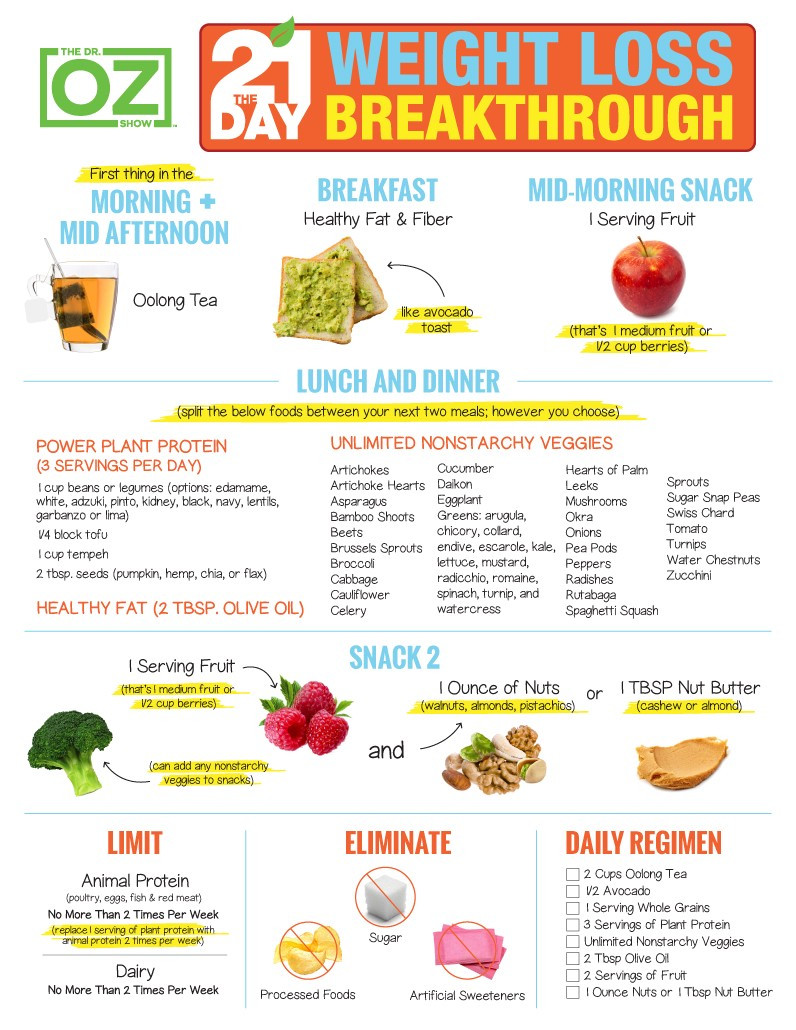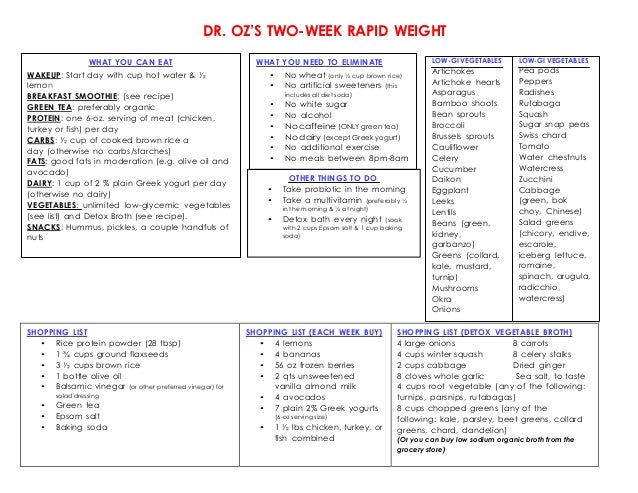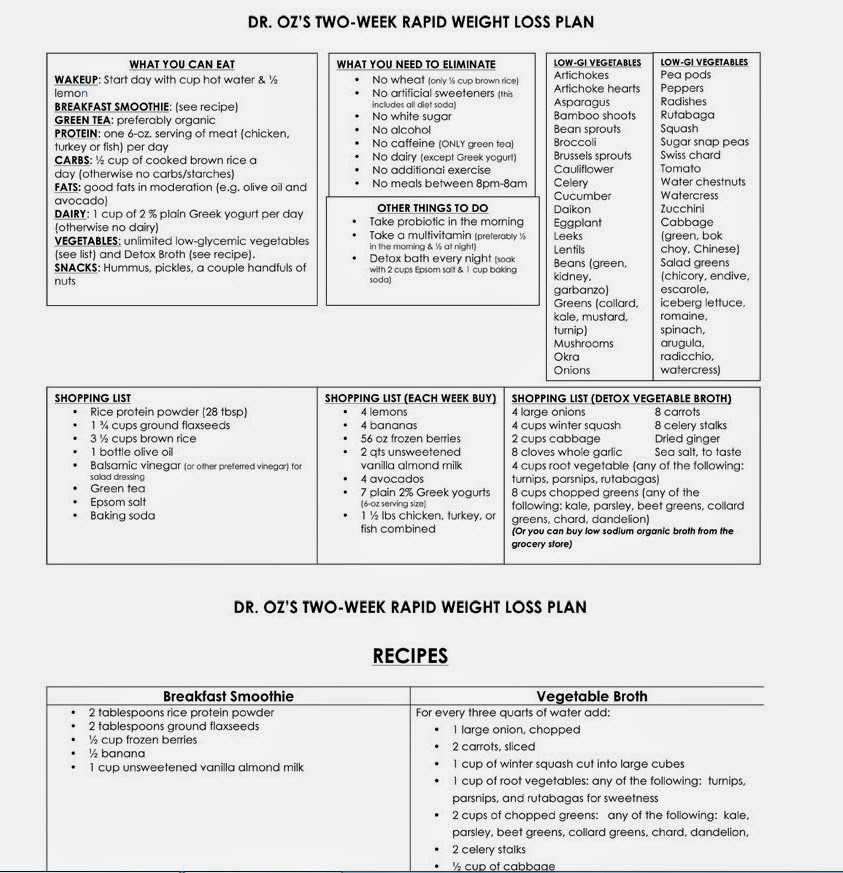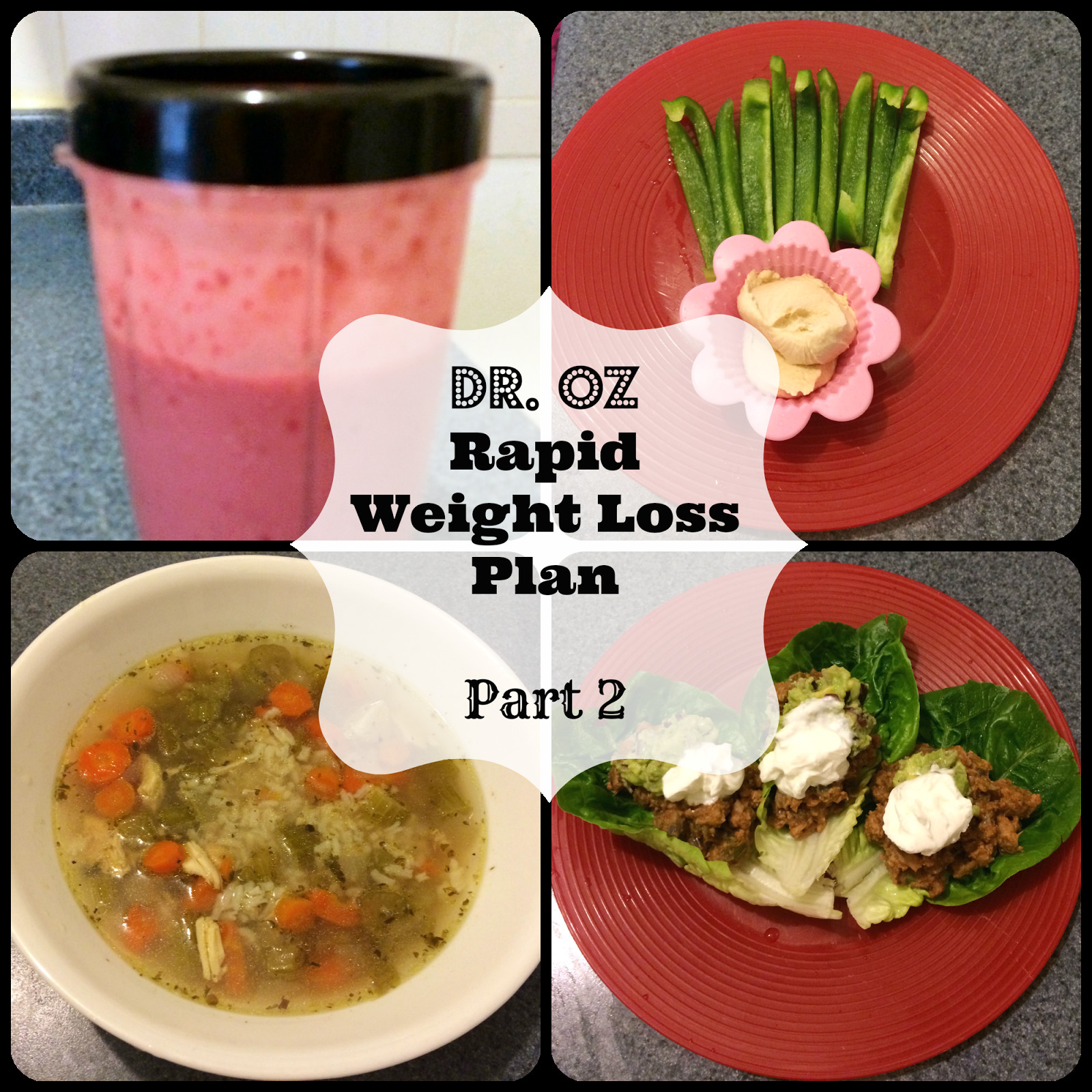Dr Oz Two Week Rapid Weight Loss

The name Dr. Mehmet Oz, once synonymous with medical credibility and daytime television, now often evokes skepticism, particularly when attached to the phrase "rapid weight loss." His past endorsements of questionable products and diets have long drawn criticism from medical professionals and consumer advocacy groups. But despite the controversy, the allure of a quick fix for weight loss continues to draw attention to programs like the "Dr. Oz Two-Week Rapid Weight Loss Plan."
This article delves into the science, or lack thereof, behind rapid weight loss programs, specifically dissecting the elements commonly associated with plans promoted under the Dr. Oz brand. We will explore the potential risks and benefits, examine expert opinions from registered dietitians and medical doctors, and analyze the lasting impact these plans can have on both physical and mental health. The goal is to provide readers with a balanced, evidence-based perspective, empowering them to make informed decisions about their weight management journeys.
Understanding Rapid Weight Loss
Rapid weight loss, generally defined as losing more than 1-2 pounds per week, is often achieved through drastic measures. These can include severely restricting calories, eliminating entire food groups, or relying heavily on supplements and meal replacements. While the scale may show impressive results in the short term, the long-term sustainability and health implications are significant concerns.
Many rapid weight loss programs promote a calorie deficit far below the recommended daily intake for healthy adults. This can lead to nutrient deficiencies, muscle loss, and a slowed metabolism. Furthermore, extreme dieting can trigger a "yo-yo" effect, where weight is rapidly lost and then regained, potentially causing more harm than good to cardiovascular health and overall well-being.
Components of the Dr. Oz Two-Week Rapid Weight Loss Plan (and Similar Programs)
Plans promoted under the Dr. Oz banner have often included a combination of elements, not always consistent across various iterations. Common themes involve specific food recommendations, supplement suggestions, and lifestyle modifications. It is important to note that Dr. Oz no longer hosts a television show and his online presence does not actively promote specific rapid weight loss plans currently.
Typical recommendations might feature a focus on "detoxifying" foods, like leafy greens and certain fruits, along with lean proteins and limited carbohydrates. Supplements, often touted as "fat burners" or metabolism boosters, have also been frequently mentioned. However, the scientific evidence supporting the efficacy of many of these supplements is often lacking or inconclusive.
Exercise is generally encouraged, but the emphasis is often on high-intensity interval training (HIIT) for a short period. This type of exercise can be effective for burning calories, but it may not be suitable for everyone, especially those with pre-existing health conditions or limited fitness levels. Consulting a physician before starting any new exercise program is crucial.
The Science (or Lack Thereof)
Many components of rapid weight loss plans, including those previously promoted by Dr. Oz, lack robust scientific support. While some foods and supplements may possess certain health benefits, their impact on rapid and sustained weight loss is often overstated. The term "detox," frequently used in these programs, is often misleading, as the human body naturally eliminates toxins through the liver and kidneys.
Furthermore, relying on restrictive diets and supplements without addressing underlying lifestyle factors can be detrimental. Sustainable weight loss requires a holistic approach that incorporates balanced nutrition, regular physical activity, stress management, and adequate sleep. Quick fixes often ignore these essential components, leading to unsustainable results and potential health risks.
Expert Perspectives and Criticisms
Registered dietitians and medical doctors widely caution against rapid weight loss, emphasizing the importance of a gradual and sustainable approach. "Rapid weight loss is rarely sustainable and often leads to a cycle of weight gain and loss, which can be harmful to both physical and mental health," says Dr. Sarah Johnson, a registered dietitian with the American Academy of Nutrition and Dietetics.
"Focus on making small, sustainable changes to your diet and lifestyle that you can maintain long-term."
Many experts have been outspoken about Dr. Oz's history of promoting unproven or misleading health claims. They argue that his platform has often prioritized sensationalism over scientific evidence, contributing to public confusion and potentially harming consumers. This criticism extends to the broader realm of celebrity-endorsed health products and diets, which are often marketed with unrealistic promises.
Potential Risks and Benefits
While rapid weight loss programs may offer the immediate gratification of a lower number on the scale, the potential risks far outweigh the benefits for most individuals. Muscle loss, nutrient deficiencies, fatigue, and gallbladder problems are just some of the possible side effects. Moreover, the psychological impact of restrictive dieting can lead to disordered eating patterns and a negative relationship with food.
In very specific circumstances, such as for individuals preparing for certain medical procedures, rapid weight loss may be medically supervised and deemed necessary. However, these situations are rare and require close monitoring by healthcare professionals. For the vast majority of people seeking to lose weight, a slow and steady approach is the safest and most effective option.
Moving Forward: Sustainable Weight Management
Instead of chasing quick fixes, individuals seeking to lose weight should prioritize a sustainable and holistic approach. This involves working with a registered dietitian or healthcare provider to develop a personalized plan that addresses individual needs and goals. Focusing on whole, unprocessed foods, regular physical activity, and mindful eating habits can lead to gradual and lasting results.
Building a healthy relationship with food is crucial for long-term success. This means avoiding restrictive diets, learning to listen to your body's hunger and fullness cues, and enjoying food without guilt or shame. Remember, weight management is a journey, not a destination. Patience, consistency, and a focus on overall well-being are key to achieving lasting results.
Ultimately, the allure of rapid weight loss is understandable, but the scientific evidence consistently points to the superiority of a gradual and sustainable approach. Before embarking on any weight loss program, especially one promising rapid results, consult with a qualified healthcare professional to ensure it is safe and appropriate for your individual needs. Remember that prioritizing your health and well-being is the most important goal.

